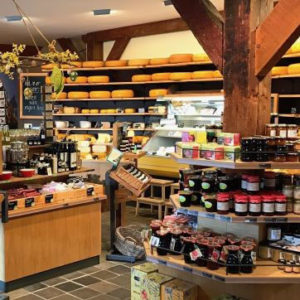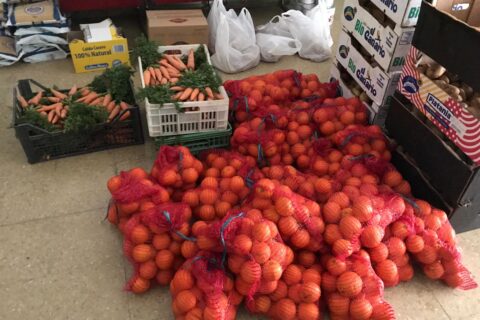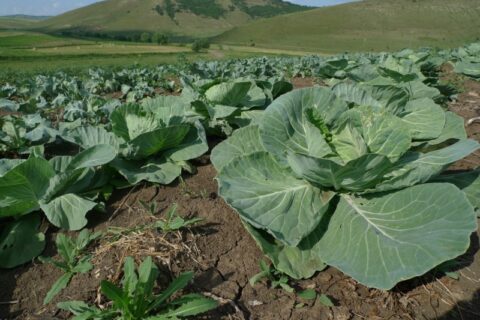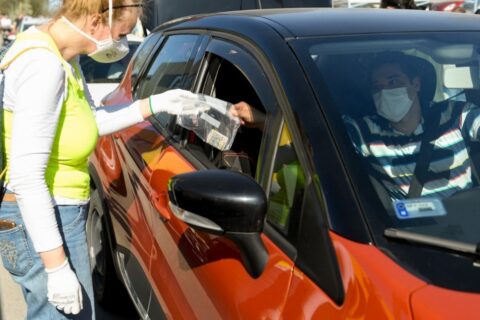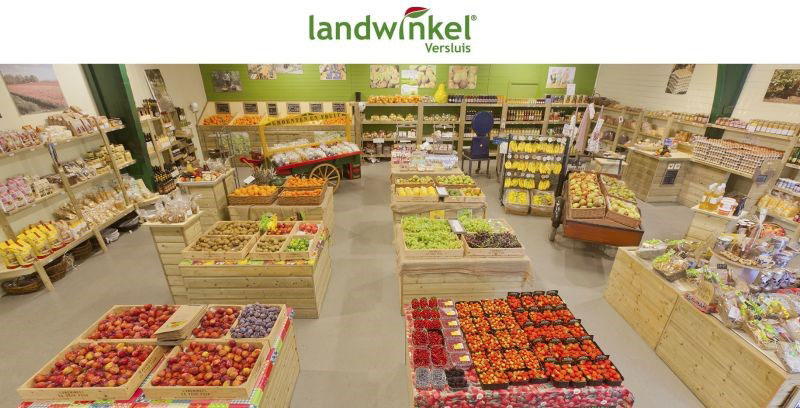
Short description
Name of the initiative? Country-shop Cooperation (Landwinkel Coöperatie)
Country The Netherlands
Region Countrywide
What kind of initiative Farming/production, Marketing
Success factors
Briefly describe what your initiative is about The Country-shop is a cooperative of 89 farm shops: 87 of farmers (esp. dairy farmers [± 40 5 of the members] and fruit growers [± 55 % of the members]) and 2 of garden centres. The main activities are: purchase and sale of farm-products for the members, logistics (from and to the country shops through its own distribution centre) and promotional support. It is a cooperative franchise organization where the owners (the participating country shops) are also the buyers. The products mainly are produced (and processed) by the affiliated farmers (in particular farm-cheese, processed fruits and juices); in addition, some products are purchased elsewhere.
The advantage and strength are in the short chain. Because it is a little organization (compared to e.g. supermarket chains), the margins must be higher than in these chains. The margin for the cooperative is between 15 and 20 % (we keep this margin as low as possible) and in the farm shops it is ± 35 % (much higher than in supermarkets). The target for country shops is to have at least ± 300 customers per week (because of logistic efficiency) and must meet certain quality standards. The initial investment for a new country shop is ± €75,000 (for farmers with an already existing shop this investment can be lower). Many country shops combine farming and the shop with other activities such as catering or care. The trade turnover of the cooperation is ± €5 million; the consumer turnover in the shops is ± €25 – €30 million.
The following mission has been formulated: the Country shop cooperation wants to improve the quality of life in the countryside by offering a wide range of traditional farm and regional products, and creating citizen involvement in the landscape, farm and its products. The Country Shop cooperative also strives for cooperation with consumer and social organizations.
The cooperation has a team of 9 employees (± 6.5 fte’s). Pieterjan, as director, is responsible for the overall management and strategy development. The cooperation has a board of 5 persons that determines the main lines of the strategy. The members elect the board and every region is represented as far as possible by a board member. Furthermore, there are 6 regional farmer-business-clubs that meet about 3 times a year. Good communication between the board, the regional clusters and individual members is crucial to respond to the wishes of the customer.
Why did you start it and when? The Country shop cooperation was founded in 2007. Already existing country shops (some of them already organized in smaller regional organizations), wanted to develop their businesses further by exchanging products, getting a wider range of products in their shops and a better and more professional promotion. We started with 39 shops.
How did you establish it? The initial initiators were very important. They built the organization from scratch. It has been a step-by-step development; growth of the number of members, professionalization of the organization, a larger product range and a better image and promotion.
Who did you connect with? The initiative was initiated by some active farmers and fruit growers with a farm shop who wanted to work together. Some support has been provided by, among others, the farmers union (LTO), RABO-bank (some subsidy), SPN (StreekProducten Nederland, Regional Products Netherlands; an organization that promotes regional products and is the holder of the quality mark Recognized Regional Product Erkend Streekproduct), and by several advisors.
What enabled collaboration? First: active initiators, real go-getters, who invested a lot of time and who really believe in it. And, of course, a good commercial model that matched with the commercial interests and wishes of existing farm shops.
What challenges did you face? Were you able to resolve them? How? We started from scratch without any starting capital. The members contributed €2500 euros in share capital. Such a bottom-up farmers’ organization can only be set up and developed step by step.
New challenges are: more entrepreneurs with country shops (esp. in parts of The Netherlands where there are no or little country shops).; always to do even better what you are already doing, especially better marketing; keep asking ourselves how market opportunities are developing, whether our organization model is still good, etc.
What were the lessons learned?
You must have people who really believe in it and carry on.
You must keep innovating. The strength must come from the entrepreneurs themselves, they must do it; it must remain an own farmers’ club.
Regarding the employees: work with a self-organising team with multi-functional people. The team of employees must have their own room to do business but must remain in good contact with the members.
What did it change in your life and the life of your community? I like being part of a group of active entrepreneurs with a shared idea; sometimes it is boat paddling against the tide but if it succeeds it is very satisfying.
Choose 3-5 key words Farmers’ cooperative, collective marketing model, short supply chains, regional products
Additional information
—
Repository compiled by: Country-Shop Cooperative

